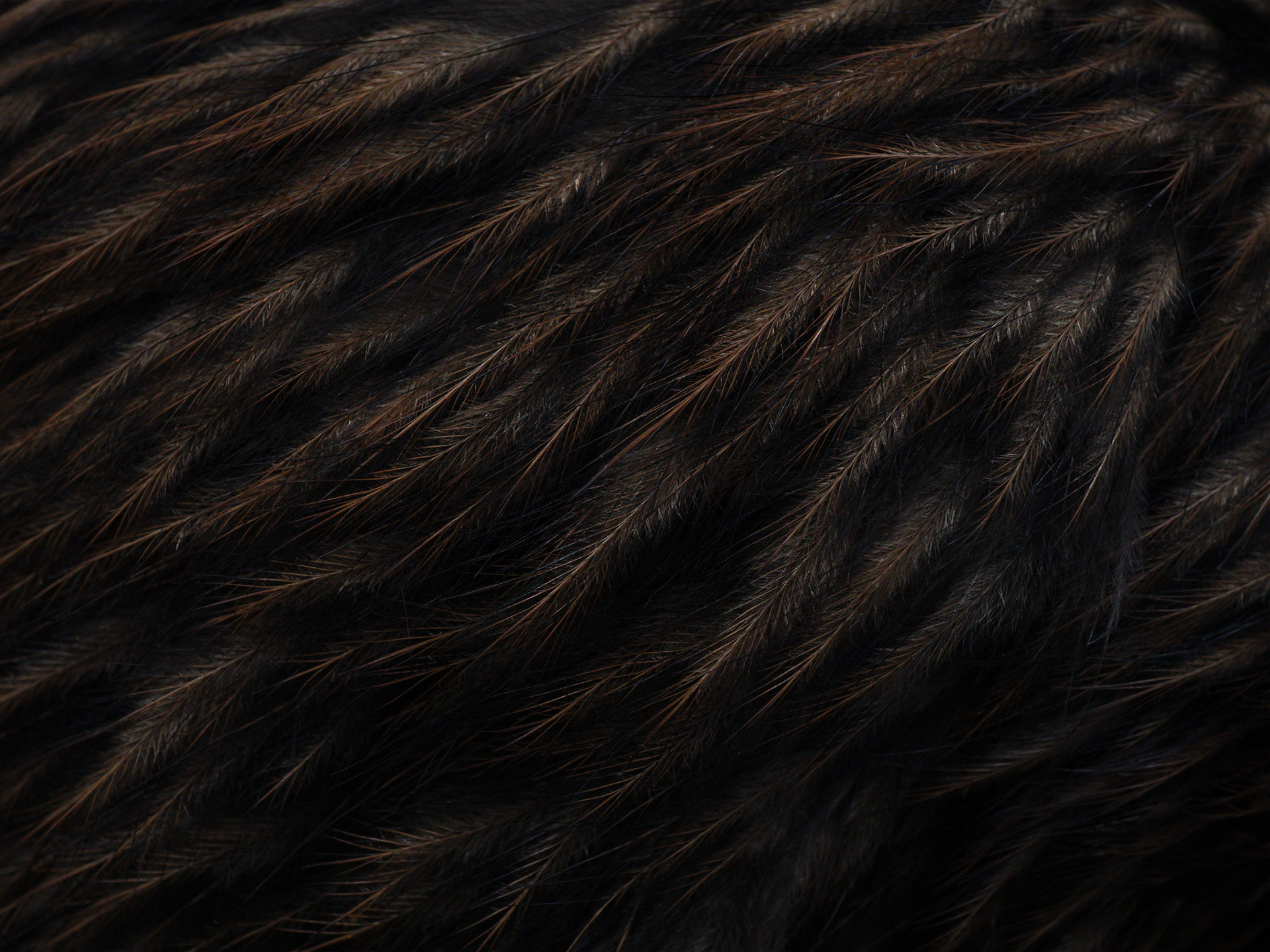A donation of $10,000 from Fitzherbert Lions Club to Wildbase Recovery will contribute towards the rehabilitation and captive breeding aviaries for species such as the nationally vulnerable blue duck. The service club were recognised for their support with a visit to the whio aviary in the Palmerston North Victoria Esplanade on Tuesday 22 March.
Wildbase Recovery will provide a special place for wildlife to recover from illness and injury after treatment at Massey University’s Wildbase Hospital, New Zealand’s only dedicated wildlife hospital. In addition to permanent inflight and 14 rehabilitation aviaries, Wildbase Recovery will include a purpose-built breeding aviary for whio.
“Our Club identifies strongly with the concept of the Wildbase Recovery facility and we are delighted that the proposed site in the Esplanade will be close to where our Club was formed 40 years ago,” says Fitzherbert Lions Club President, Harry Smyth. “We are proud to be supporting a project that will help save native species for future generations to enjoy.”
Fitzherbert Lions Club’s visit to the aviaries coincides with Whio Awareness Month. Despite whio being a unique native species, there are fewer than 3000 birds left. Their number makes kiwi look common. The blue duck is one of only three waterfowl species in the world that live year round on fast flowing rivers, including the remote Ruahine Range, Tongariro National Park, and Mount Taranaki.
National whio captive breeding coordinator and Esplanade aviary keeper, Peter Russell, says Wildbase Recovery will play an important role in New Zealand’s conservation efforts. The aviaries already house whio, and also provide temporary accommodation to fledglings and more mature birds who need a stop over before going to whio hardening centre in Turangi or release into the wild.
Once established, Wildbase Recovery’s nurturing environment will also allow for recuperating wildlife, such as kiwi, takahē, and penguins, to be viewed by the public. Patients will come from throughout the country, and, upon their full recovery, be released back into the wild in the hope that they will go on to successfully contribute to the survival of their species.
The Wildbase Recovery Community Trust is tasked with raising the $5.69m needed to build the national wildlife recovery facility. Other community funding that has helped the Trust reach the $2.91m raised to date includes donations from other Lions and Rotary Clubs, school fundraisers, and public donations.
Wildbase Recovery is a collaboration between Palmerston North City Council and Massey University, with support from the Department of Conservation, Rangitāne iwi, Rotary and Lions Clubs. Wildbase Recovery Community Trust Chair, Roger Kennedy, says the the service clubs have helped the Trust take the project to a national audience. “They are incredibly proactive in fundraising initiatives,” says Mr Kennedy. “Through their networks we have had a continuing number of supporters come onboard.”
Images from Fitzherbert Lion’s presentation can be found on our Facebook page.
